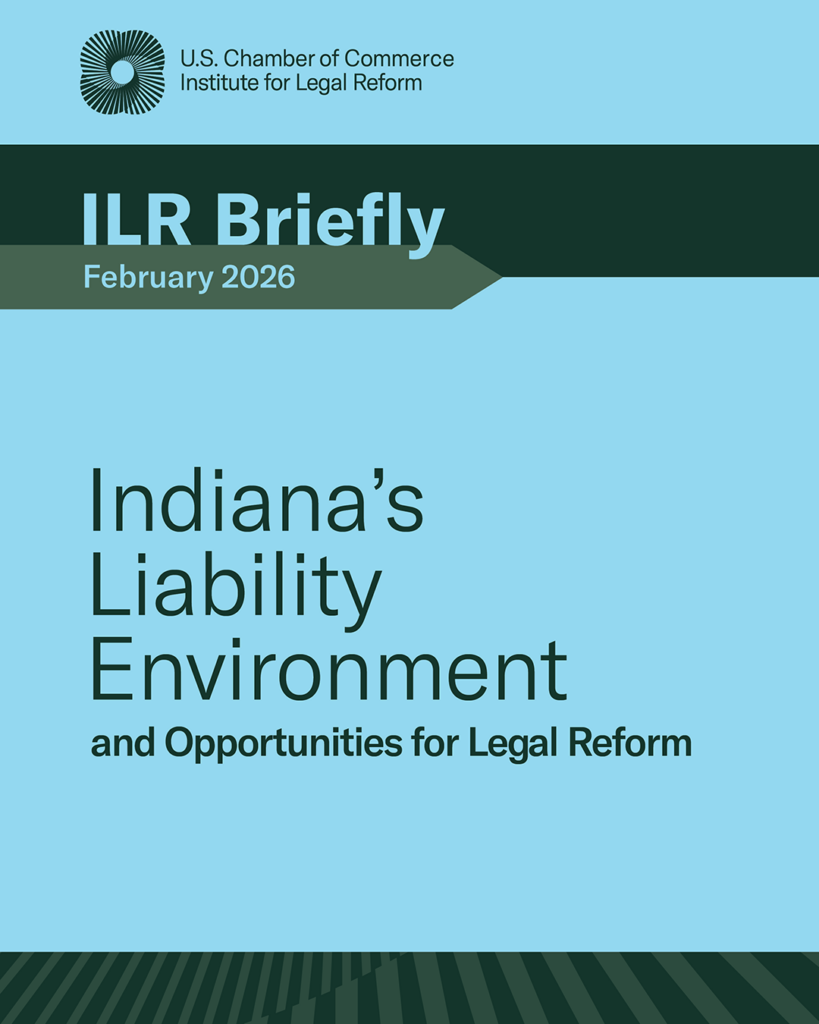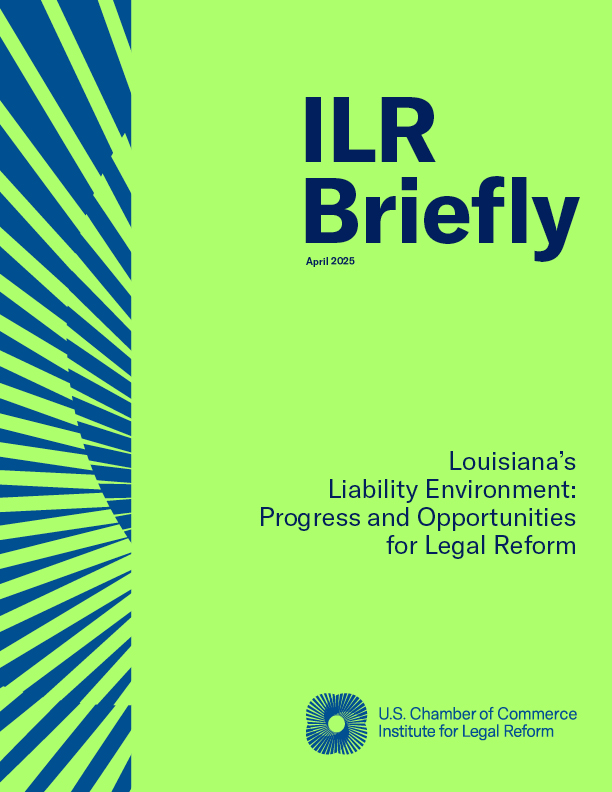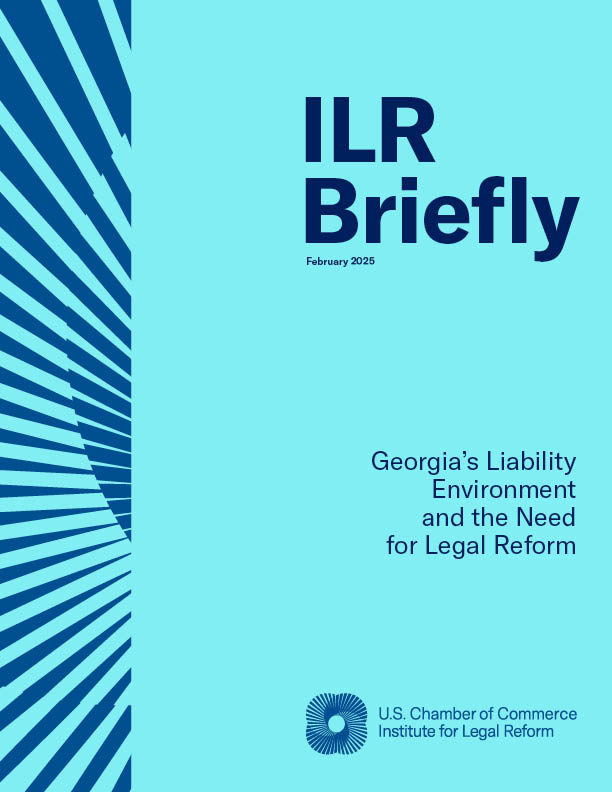Collective redress or ‘class action’ models are proliferating across the EU, with a significant majority of Member States now having at least one way for claimants to combine their claims and sue for injunctive relief and/or damages before national courts.
ILR’s study is a survey on the ‘state of play’ in 10 EU Member States (including all of the largest economies), and covering 16 separate collective redress mechanisms. The survey was coordinated by Sidley Austin LLP in Brussels and called up the expertise of practitioners in all of the Member States surveyed. The purpose of the survey is to identify trends and issues that appear to be arising across the EU.
The study finds that Member States have been accelerating the introduction of policies to facilitate lawsuits, with the value and volume of these claims on a steep upward curve. However, ILR’s study also finds that Member States have failed to implement or maintain important safeguards for collective redress.
The erosion of traditional litigation safeguards in Europe is a worrisome development that could lead to the same abuses that plague the U.S. class action system.
ILR’s study coincides with the European Commission’s review of its 2013 Recommendation on collective redress, which invited Member States to adopt a collective redress framework by July 2016. The Recommendation included a number of proposed safeguards designed to deter abusive litigation by keeping the risks and rewards of collective redress in check.
As the European Commission evaluates how Member States have, or have not, implemented its Recommendation, a significant EU policy decision on collective redress is likely to be made this summer.
The Commission’s evaluation process is an appropriate and timely opportunity to reflect on how Member State systems have been developing and on what the future of collective redress in the EU should be. Restoring a balance of risks and rewards is essential to a reasonable, fair system of collective redress that does not encourage abuse.
The paper examines what appear to be the minimum necessary safeguards in any system to prevent litigation abuse taking hold in the EU, and to prevent litigation systems being captured for private gain. This includes an examination of safeguards relating to collective redress, some of which were identified as necessary in the Recommendation, and safeguards regarding third party litigation funding which is a logical outgrowth of the need to develop an oversight regime for such funding.
View PDF


